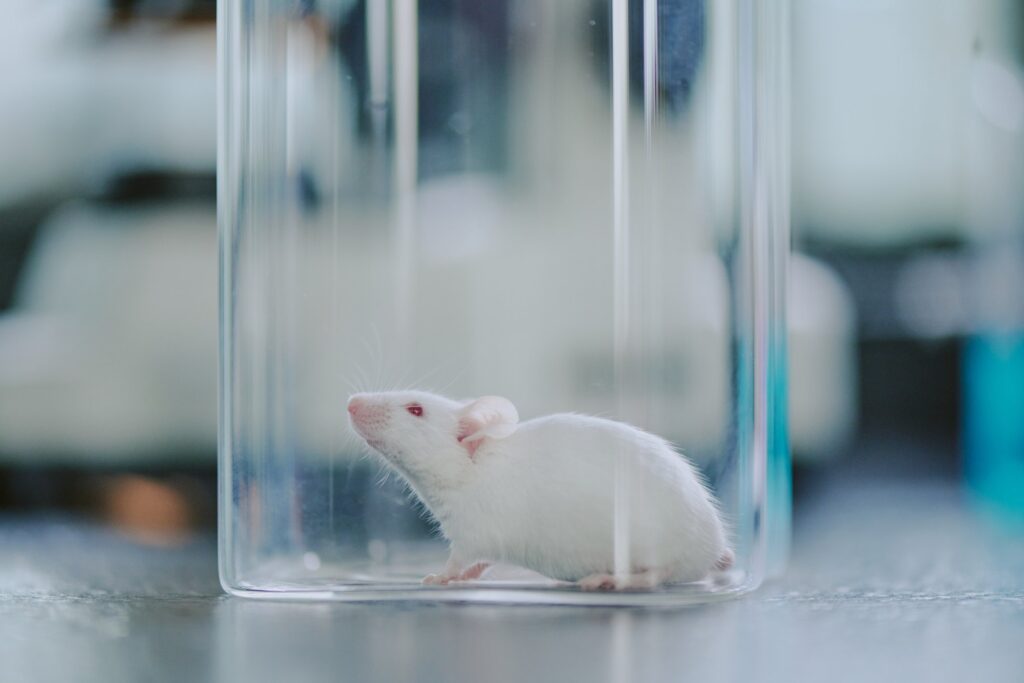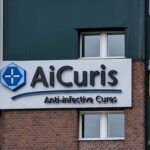As excitement around animal testing alternatives reaches a fever pitch, Charles River Laboratories is making a move to strengthen its development of new approach methodologies (NAMs) that can supplement or replace lab animals in drug development. The CRO giant today announced a scientific advisory board to guide its NAM strategy with FDA veteran Namandjé Bumpus, Ph.D., at the helm.
Bumpus spent nearly a year as principal deputy commissioner of the FDA after previously serving as a chief scientist at the agency. She built her science bona fides at Johns Hopkins University School of Medicine, rising through the ranks over a 12-year career to direct the department of pharmacology and molecular sciences.
In her role, Bumpus will serve as a part-time strategic advisor to Charles River, a spokesperson for the company told Fierce Biotech, leading an advisory board with an overarching governance committee consisting of executives from each of Charles River’s business units.
Related
“Their role is to provide strategic direction, review and approve resourcing of initiatives, and monitor progress,” the spokesperson said. “Additionally, there are workstreams across several key NAM initiatives that incorporate global, cross-functional experts in animal welfare, science, technology, operations and regulatory affairs.”
NAM techniques that Charles River is focusing on include organoids and organs-on-chips, computer models that simulate toxicity and chemical assays that can determine how compounds react, the CRO said in an Oct. 15 release.

The new advisory board is the latest in a line of initiatives from Charles River to advance NAMs, including its participation in the Validation and Qualification Network (VQN) from the Foundation for the National Institutes of Health. The network brings together CROs like Charles River as well as regulators like the FDA and European Commission and Big Pharmas such as Sanofi, Novo Nordisk and GSK and aims to support NAM research that is on the cusp of regulatory acceptance.
“We look forward to continuing to work collaboratively with regulatory agencies, including the FDA, the biopharmaceutical industry and other stakeholders,” the Charles River spokesperson told Fierce. “Together, we aim to develop, validate and implement an efficient process for our clients’ regulatory submissions that supports the use of non-animal technologies and NAMs.”
Shifting away from animal testing has been a prominent talking point for the second Trump administration, though work on NAMs long precedes Trump’s Jan. 20 inauguration. The VQN, for example, while officially launched under Trump, falls under the National Institutes of Health (NIH’s) Complement Animal Research in Experimentation (Complement-ARIE) program, which kicked off in January 2024 under then-President Joe Biden.
In January 2021, the drug regulator released a report outlining the FDA’s work on NAMs and “strong commitment” to pivoting from animal testing.
In April of this year, the FDA announced a plan to phase out animal testing requirements for new monoclonal antibody drugs, while the NIH unveiled a new Office of Research Innovation, Validation and Application to lead the agency’s charge on developing NAMs.



